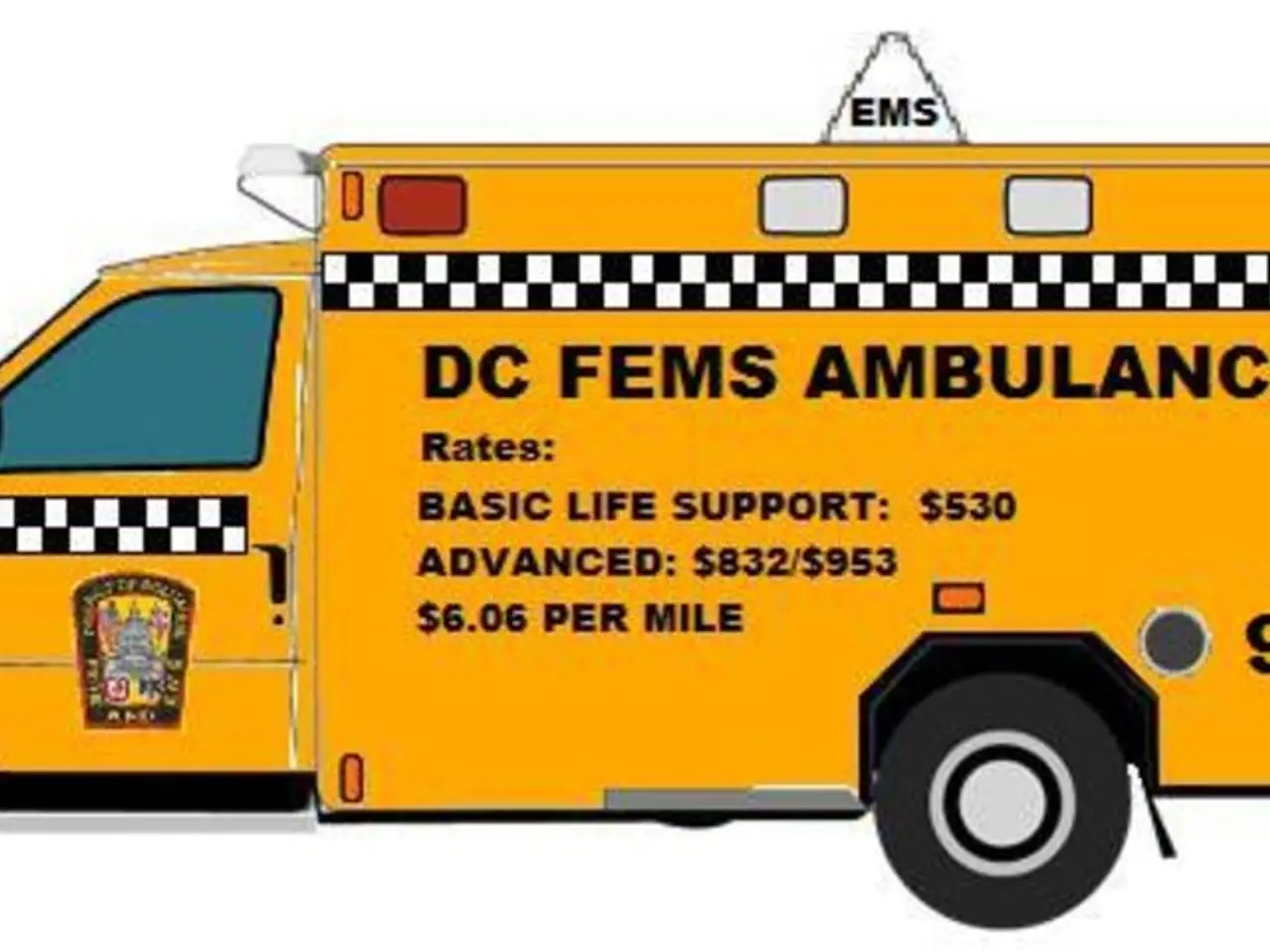Compulsory Resuscitation Training Set by NRW - Preparing Future Lifeguards Tomorrow
Starting from the school year 2026/27, a groundbreaking initiative will see all secondary school students in North Rhine-Westphalia receive mandatory training in cardiopulmonary resuscitation (CPR). The aim is to equip a new generation with the skills to act swiftly, confidently, and bravely in medical emergencies, potentially saving lives.
The state government has signed a cooperation agreement with numerous medical partners, foundations, and organizations, including the German Heart Foundation, ADAC, the Björn Steiger Foundation, and local medical chambers. This collaboration is instrumental in firmly establishing the topic of resuscitation in school life.
Minister President Hendrik Wüst and Minister of Education Dorothee Feller have emphasised the importance of young people learning early on how to act correctly in medical emergencies. Feller likens the skill of CPR to riding a bike: "It should become second nature."
The training will focus on a simple yet effective CPR scheme called "Check - Call - Compress". Students in grades 7 to 9 will learn this life-saving technique as part of their curriculum. Approximately 2,100 schools in North Rhine-Westphalia will be supplied with resuscitation dummies for the lessons.
Teachers in North Rhine-Westphalia will undergo comprehensive training for the resuscitation lessons starting from the school year 2025. Detailed curriculum guides, interactive resources, and professional development opportunities will be provided to ensure teachers are well-equipped to deliver the training effectively.
The ultimate goal of this initiative is to permanently increase the rate of layperson resuscitation. By making CPR training mandatory, the government hopes to create a generation that is not only aware of the importance of immediate action in an emergency but also confident and capable of taking it.
For more precise information about the CPR training initiative in North Rhine-Westphalia, it would be best to contact local educational authorities or health organisations in the region. The integration of CPR training into the curriculum could vary, but it is likely to follow a structure similar to the one outlined above, with a focus on practical training, teacher development, and educational resources.
- The state's cooperation with various medical partners, foundations, and organizations, such as the German Heart Foundation and local medical chambers, will facilitate the incorporation of science-based health-and-wellness lessons, like CPR, into secondary school education in North Rhine-Westphalia.
- The integration of education-and-self-development subjects like CPR into the curriculum is not just about book learning; it aims to instill in young people the importance of fitness-and-exercise-related skills and their significance in real-life emergencies.
- To encourage lifelong learning and self-improvement, this educational initiative in North Rhine-Westphalia also extends to the teachers themselves, who will receive professional development opportunities in service of effectively delivering the CPR training to students.




